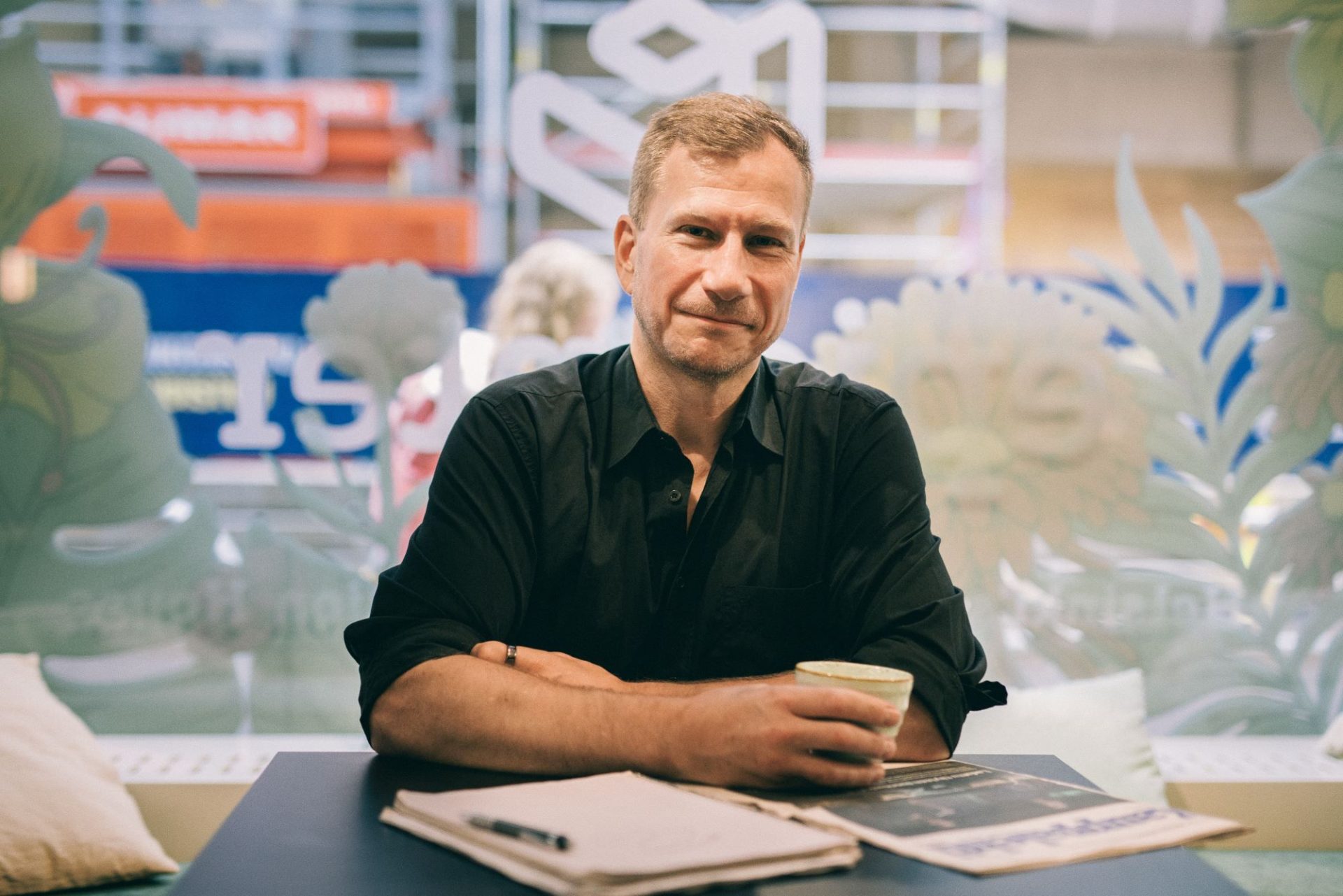Brain coach tips for job search – How to show you’re mentally flexible
Article

Topics
- Job seeking
In today’s world of work, people are required to be mentally flexible. According to brain coach Reidar Wasenius, simply adapting to change is not enough: job seekers should show that they are active observers and actors. Read our concrete tips!
Resilience, adaptability, renewability, resourcefulness, creativity… these all fall under the umbrella term mental flexibility. And it is this mental flexibility that is required of us in today’s working life,” says brain coach Reidar Wasenius.
“The cold fact is that working life is changing, so you have to be a learner. This means being proactive, not just adapting to change and adjusting to the pressures of the environment, but being a little bit alert all the time. By observing the environment, noticing how things could be done better, we are part of the change process,” says Wasenius, who uses the title of Personal Brainer.
The need for mental flexibility is something everyone can relate to, but Wasenius says it is particularly important for job seekers to demonstrate it.
“Smart companies specifically value people’s ability to innovate and their mental flexibility – to the point where these qualities are perceived as more important than specific skills and previous work experience,” says Wasenius.
Recruiting and training new employees is always expensive, so in a fast-changing world it’s a big advantage if employees can keep up with change and even contribute to it.
It is therefore important to bring your own mental flexibility to the table when applying for a job. Reidar Wasenius explains how to do this in concrete terms:
- Observe your own performance.
In order to demonstrate your mental flexibility to a potential future employer, it must of course be true. This means becoming aware of your own ossified ways of thinking and acting. So it’s important to catch yourself in the act of getting stuck in patterns and getting stuck in your head – only then can you consciously start to break and change those patterns. - Say it outright.
It’s not always worth making things too complicated. If you feel that you are innovative, resourceful and eager to learn new things, bring these things up in your job application and in any interview. In job applications, it’s not a good idea to list all the positive things you can say about yourself, but to pick out certain things you want to emphasise. Mental flexibility is something to highlight in this day and age. - Give concrete examples.
Remember that just throwing around terms is not an effective approach. So give as concrete examples as you can of situations where you have shown yourself to be creative, flexible and willing to learn, or where you have actively driven forward an innovation. Perhaps your job description has changed significantly and you have quickly learned a new role? Or perhaps you have been actively driving a change in the way things are done in the workplace? Or are you exceptionally quick to adopt new IT systems or legislation? Tell us about them!
Positive change is a matter for the whole community
But it is not just jobseekers and workers who should be prepared to be flexible, adaptable and even supportive of change in working life. Reidar Wasenius, a brain coach for more than 30 years, points out that the requirement applies to all of us.
“Whether you are an employee, a supervisor or a member of a management team, mental flexibility is needed from everyone. Organisations and companies are a bunch of people with a bunch of stuck habits. Taking these into account and breaking the rigid patterns is essential.”
Wasenius stresses that turning resistance to change and stagnation into change is not just the responsibility of the individual, but a collective effort of the whole organisation.
For some people, mental flexibility and the ability to innovate are inherent, but for most people they are not. Fortunately, it is possible to learn to challenge and break patterns of thinking and behaviour, for example through a range of coaching and exercises. Another very effective way is to make use of your own close circle and work community.
“A willingness to change and mental resilience are best developed within a community: by observing and supporting each other.”
Because it’s difficult to spot your own blocked ways of doing things, Wasenius says it’s worth asking others for feedback. However, this requires sufficient psychological safety and trust.
“The idea is not to nag, mock or wisecrack, but to good-naturedly point out to others their stubborn ways of thinking or acting – and in return to ask for feedback on your own actions – in other words, to ask others to tell you if you are acting dorkily. That’s what it’s all about.”
But change always starts with the self and the desire to let go of old habits and patterns.
“It’s worth asking yourself whether you want to be an upright dead sloe or an ever-growing green tree,” Wasenius concludes.
Reidar Wasenius will participate in the 4T Summit on 6.9.2023 – sign up to join!
What opportunities do you have to succeed in the ongoing transformation of work? Can you see the options in front of you?
4T Summit – emotions, skills, working life and the future.
Online event on 6.9.2023 from 14-16.30.